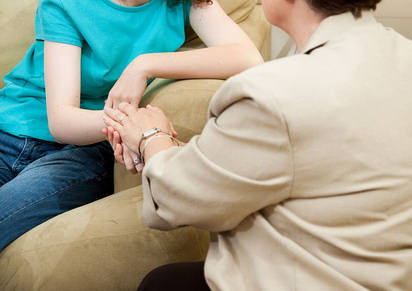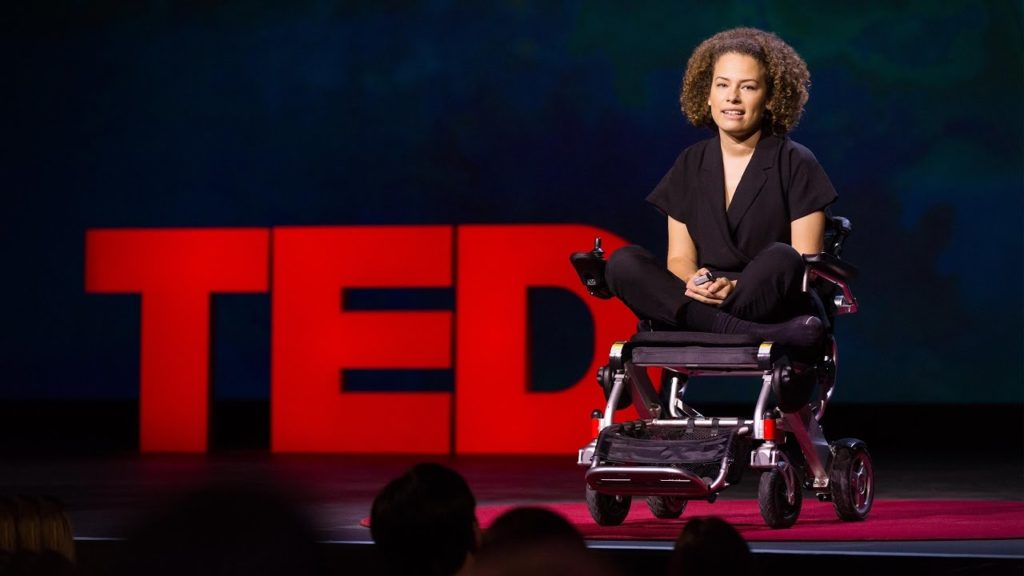
Tips for a Healthy Life After Facing a Difficult Diagnosis
When diagnosed with an aggressive and potentially life-threatening disease, like cancer, it’s natural to become overwhelmed with all of the “what if’s and what now’s” and while you’re eager to fight your disease, it’s difficult to know where to begin. Although your diagnosis may be one of the most challenging things you have or will face, your health is now even more important than ever. Here are some tips for adjusting to a difficult diagnosis, taking care of yourself, and making the best of your life:
Educate Yourself
Unless you’re a medical professional, such as an oncologist, you may know very little about your recently diagnosed disease. Take mesothelioma, for example. Mesothelioma is a cancer that typically affects the lungs and is related to asbestos exposure. Since mesothelioma is often diagnosed decades after the exposure occurred, many patients have no idea they have the cancer in their body until they are faced with a late stage diagnosis.
While the initial diagnosis can be daunting, especially if faced with an aggressive and advanced stage, it’s still advantageous for patients to learn as much as they can about mesothelioma and what types of treatment options are available. When your health changes dramatically, you, as a patient, have a right and responsibility to gain as much information as you can about your disease (regardless of the stage). Not only can you help yourself, but you’re raising awareness and helping others around you.
Surround Yourself with Support
Surrounding yourself with family and friends that care about you and having a support system can help you get through some of your roughest times. Whether your neighbor gives you a ride to your chemotherapy treatments, your best friend brings over a week’s worth of food, or a co-worker offers to go on a walk with you, allow these people to help you and be part of your journey. You may want to push people away and you may get tired of talking about your diagnosis, but the people around you want to help and their offers may be the only way they know how to show support. If you don’t have a support system of your own, consider joining a support group of people who are facing the same health challenges as you.
Exercise, Eat Well, & Get Sleep
Whether you exercise regularly or not, exercise is a great way to stay healthy when you body is fighting a disease. Not only does exercise boost your serotonin levels, which can help you overcome depression and fatigue, but even taking a short walk outdoors can give you a much needed dose of Vitamin D. Before you start exercising, always check with your doctor and he or she will help you choose a suitable exercise regime such as walking or swimming.
In addition to making exercise part of your daily routine, a healthy diet and a good night’s sleep of at least 7 to 8 hours per night will benefit you through your recovery.
Stay Positive
When facing a tough diagnosis, it’s natural to be afraid and experience the five stages of loss and grief. You may feel helpless and you may feel depressed, but studies show that if you choose to have a positive attitude about your life and your diagnosis, your recovery may be faster and your health may improve. By having a positive outlook, your physical, emotional, and mental health may experience a significant boost. Positive thinking may come easier for some than others, but by surrounding yourself with support and practicing healthy routines, you may find it easier to be optimistic about your future.




